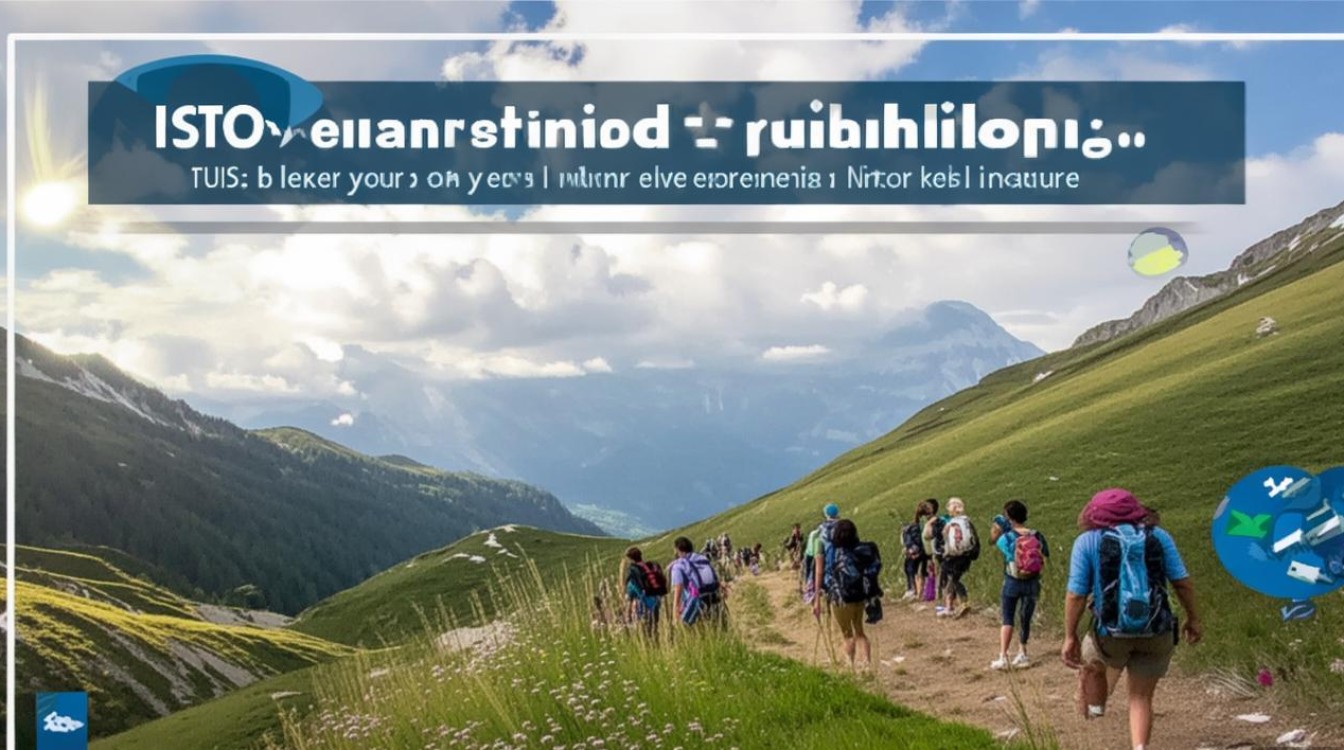下面我将为你提供一个全面的备考指南,包括核心词汇、高分回答范例、以及针对不同部分的问题和思路。

Part 1: 日常交流
这部分问题比较简单,主要考察你能否用简单的词汇和句型清晰、流利地回答日常问题。
常见问题:
- Do you like going to the mountains?
- How often do you go hiking?
- Is there a mountain near your city?
- Do you prefer going to the mountains alone or with others?
- What do you usually do when you go to the mountains?
高分回答范例:
Q: Do you like going to the mountains?
- 回答 (Good): Yes, I do. I think it's a great way to relax and get some fresh air.
- 回答 (Excellent): Absolutely, I'm a big fan of it. There's something incredibly refreshing about escaping the hustle and bustle of the city and immersing yourself in nature. The tranquility and the fresh, crisp air are just what I need to unwind.
Q: How often do you go hiking?
- 回答 (Good): Not very often. Maybe once or twice a year.
- 回答 (Excellent): I wish I could do it more frequently, but my schedule is quite tight. I probably manage to get out for a hike about once every couple of months. It's usually a weekend trip that I have to plan in advance.
Q: Do you prefer going to the mountains alone or with others?
- 回答 (Good): I prefer to go with friends. It's more fun that way.
- 回答 (Excellent): I'd say it depends on my mood. If I'm looking to clear my head and have some quiet time for myself, I enjoy going solo. It gives me a chance to reflect. However, for safety and the fun of sharing the experience, I usually prefer going with a group of friends or my family.
Part 2: 个人陈述
这是雅思口语的核心部分,你需要根据提示卡进行1-2分钟的独白。
Describe a time you went hiking or climbing a mountain. You should say:
- Where and when you went
- Who you went with
- What the experience was like
- And explain how you felt about this experience.
高分回答思路与词汇:
这是一个经典的“一次经历”类话题,可以按照以下结构来组织你的回答:
- 引入: 直接点明这次经历,并给出一个总体印象。
- 主体 (Where, When, Who): 描述时间、地点和同伴。
- 主体 (What it was like): 这是回答的核心,详细描述过程、看到的景色、遇到的困难等。使用感官词汇 (sight, sound, smell, feeling) 来让描述更生动。
- (How you felt): 总结你的感受和这次经历的意义。
高分回答范例:
(Using the "STAR" method: Situation, Task, Action, Result)
"I'd like to talk about a memorable hiking trip I took last autumn with a few of my closest friends. We decided to conquer Mount Huang in Anhui province, which is famous for its stunning granite peaks and sea of clouds.
It was a crisp autumn morning when we set off. The air was fresh and invigorating, and the path ahead was lined with golden ginkgo trees. We were a group of four, all seasoned hikers, so we were quite prepared for the challenge. The trail started off gently, but as we ascended, it became increasingly steep and rugged. At some points, we had to use chains to pull ourselves up, which was both thrilling and a little nerve-wracking.
The experience was absolutely breathtaking. The higher we climbed, the more spectacular the view became. We were surrounded by towering, jagged peaks that seemed to pierce the sky. The most magical moment was when we reached a vantage point just before sunset. The sun cast a golden hue over the rolling mountains, and we could see a vast sea of clouds swirling in the valleys below. It was a truly surreal and humbling sight, making all the effort worthwhile.
As for how I felt, it was a complex mix of emotions. There were moments of exhaustion and frustration, especially when my legs were aching. But the sense of accomplishment when we finally summited was unparalleled. It wasn't just about reaching the top; it was about the journey itself – the camaraderie with my friends, the connection with nature, and pushing my own limits. By the end of the day, I felt rejuvenated, inspired, and deeply connected to the natural world. It's an experience I will cherish forever."
Part 3: 深入讨论
这部分考官会根据你的 Part 2 进行追问,考察你的抽象思维、分析能力和对社会问题的看法。
常见问题:
- Why do you think people enjoy activities like hiking and mountain climbing?
- Do you think it's important for people to connect with nature? Why?
- How has modern technology, like GPS and smartphones, changed the experience of hiking?
- What are the potential dangers of mountain climbing, and how can people prepare for them?
- Do you think governments should invest more in developing mountainous areas for tourism?
高分回答范例:
Q: Why do you think people enjoy activities like hiking and mountain climbing?
- 回答 (Excellent): I believe people are drawn to these activities for a combination of physical and psychological reasons. Physically, it's a fantastic way to stay fit and challenge one's endurance. Psychologically, I think it offers a powerful escape from the pressures of modern life. There's a sense of freedom and simplicity when you're out in the wild. Moreover, achieving a difficult goal, like reaching a summit, provides a huge boost to self-esteem and a profound sense of accomplishment. It's a way to test one's limits and feel truly alive.
Q: Do you think it's important for people to connect with nature? Why?
- 回答 (Excellent): Absolutely, I consider it crucial for our overall well-being. In our increasingly urbanized world, many people are disconnected from the natural environment, which can lead to stress and mental fatigue. Connecting with nature allows us to slow down, gain perspective, and appreciate something larger than ourselves. It has been scientifically proven that spending time outdoors can reduce anxiety, improve mood, and boost creativity. It's not just about recreation; it's about maintaining a fundamental part of our humanity.
Q: How has modern technology, like GPS and smartphones, changed the experience of hiking?
- 回答 (Excellent): Technology has had a dual impact on hiking. On the one hand, it has undoubtedly made the activity safer and more accessible. GPS devices and navigation apps on smartphones can prevent people from getting lost, which is a significant risk, especially in unfamiliar terrain. They can also provide real-time information about weather conditions and trail closures. On the other hand, there's a downside. Over-reliance on technology can diminish the sense of adventure and self-reliance. Instead of reading a map and using a compass, some people just follow a screen. This can detract from the immersive experience of being truly present in nature. It’s a balance between using technology as a safety tool and allowing it to take over the adventure itself.
核心词汇与短语
名词:
- Hiking / Trekking: 远足 / 长途跋涉
- Mountain climbing / Mountaineering: 登山
- Summit / Peak / Top: 山顶
- Trail / Path / Footpath: 小径
- Vantage point: 观景点
- Scenery / Landscape / Panorama: 景色 / 风景
- Sea of clouds: 云海
- Exhaustion / Fatigue: 疲惫
- Sense of accomplishment: 成就感
- Camaderie: 友情,同志情谊
形容词:
- Stunning / Breathtaking / Spectacular: 令人惊叹的
- Rugged / Steep / Treacherous: 崎岖的 / 陡峭的 / 危险的
- Tranquil / Serene / Peaceful: 宁静的
- Invigorating / Refreshing: 令人神清气爽的
- Humbling / Surreal: 令人谦卑的 / 超现实的
- Demanding / Challenging: 要求高的 / 具有挑战性的
动词与短语:
- Conquer a mountain: 征服一座山
- Push one's limits: 挑战自己的极限
- Escape the hustle and bustle: 逃离喧嚣
- **Im











